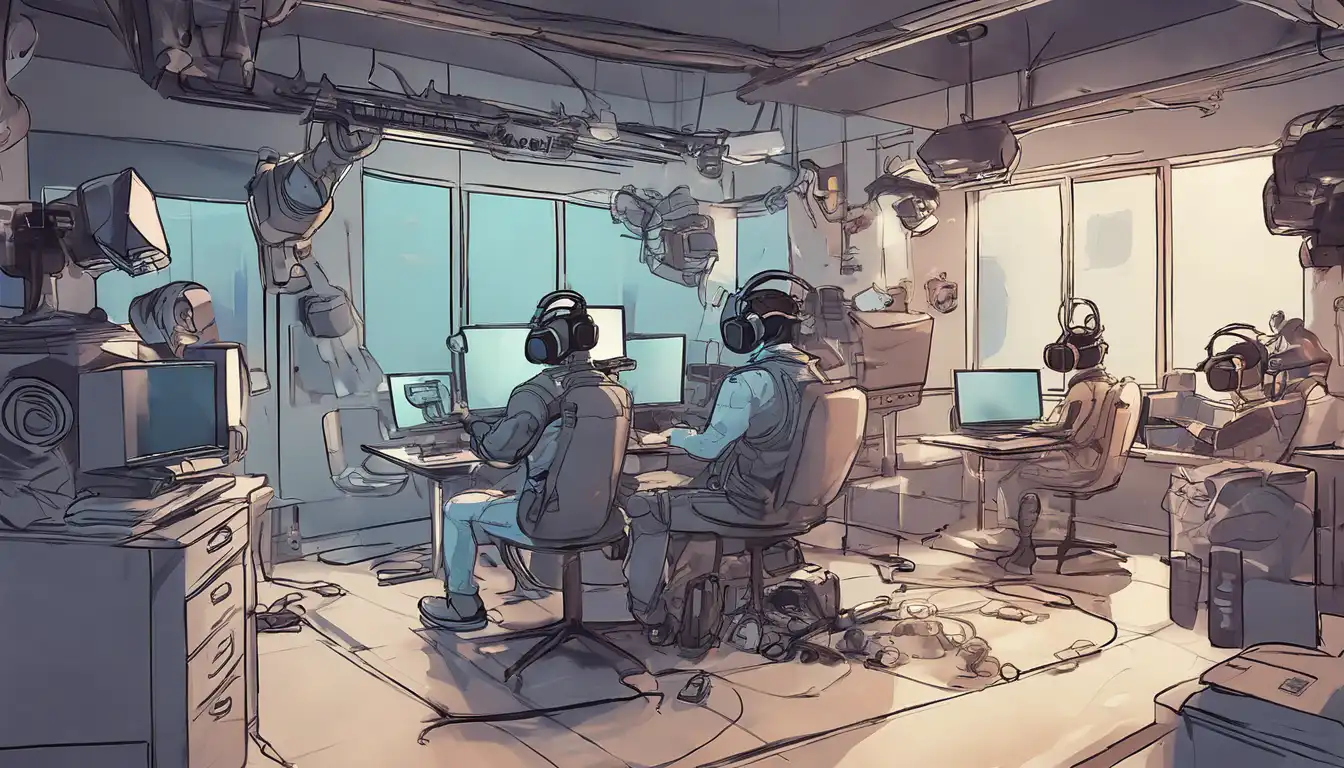Introduction to Virtual Reality Development
Virtual Reality (VR) development is an exciting field that combines creativity with technology to create immersive experiences. Whether you're interested in gaming, education, or training simulations, VR offers endless possibilities. This guide will walk you through the basics of getting started with VR development.
Understanding the Basics of VR
Before diving into development, it's crucial to understand what VR is and how it works. VR creates a simulated environment that users can interact with in a seemingly real or physical way. This is achieved through the use of VR headsets and controllers.
Choosing the Right Tools and Software
There are several tools and software options available for VR development. Some of the most popular include Unity and Unreal Engine, which are both powerful game engines that support VR development. Additionally, you'll need a VR headset for testing your projects.
- Unity: A versatile game engine that's great for beginners and professionals alike.
- Unreal Engine: Known for its high-quality graphics, ideal for more advanced projects.
- VR Headsets: Oculus Rift, HTC Vive, and PlayStation VR are among the top choices.
Learning the Fundamentals
To start developing VR applications, you'll need to learn some programming basics. Languages like C# (for Unity) and C++ (for Unreal Engine) are commonly used in VR development. There are plenty of online resources and tutorials to help you get started.
Creating Your First VR Project
Once you're familiar with the tools and basics, it's time to create your first VR project. Start with something simple, like a virtual room that users can explore. This will help you understand the core concepts of VR development.
Testing and Iteration
Testing is a critical part of VR development. You'll need to test your application on a VR headset to ensure it provides a comfortable and immersive experience. Be prepared to iterate on your design based on feedback.
Joining the VR Development Community
The VR development community is vibrant and supportive. Joining forums and attending meetups can provide valuable insights and inspiration for your projects. Don't hesitate to ask for help or share your experiences.
Conclusion
VR development is a rewarding field that's constantly evolving. By starting with the basics and gradually building your skills, you can create amazing virtual experiences. Remember, the key to success in VR development is practice and persistence.
For more information on VR development, check out our guide on VR tools and programming for VR.
